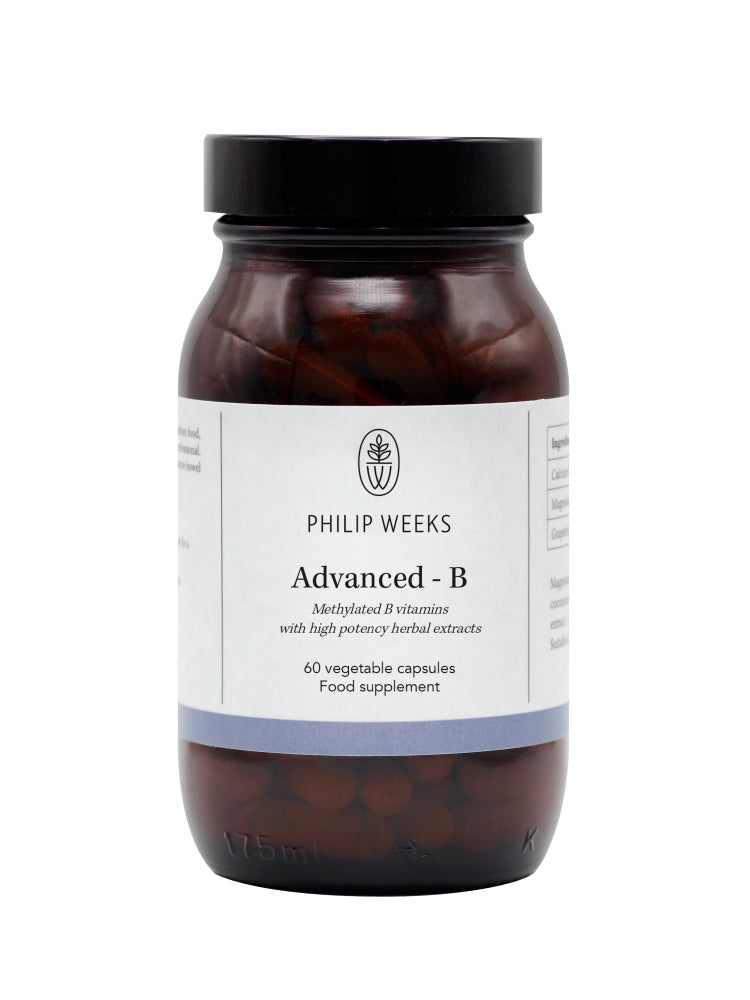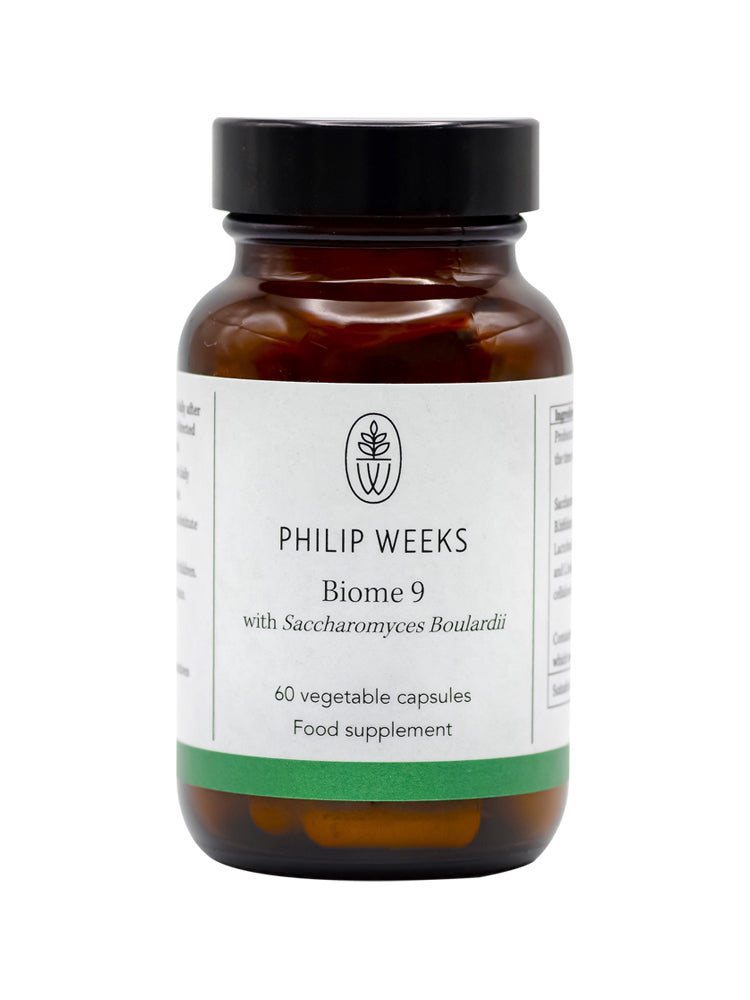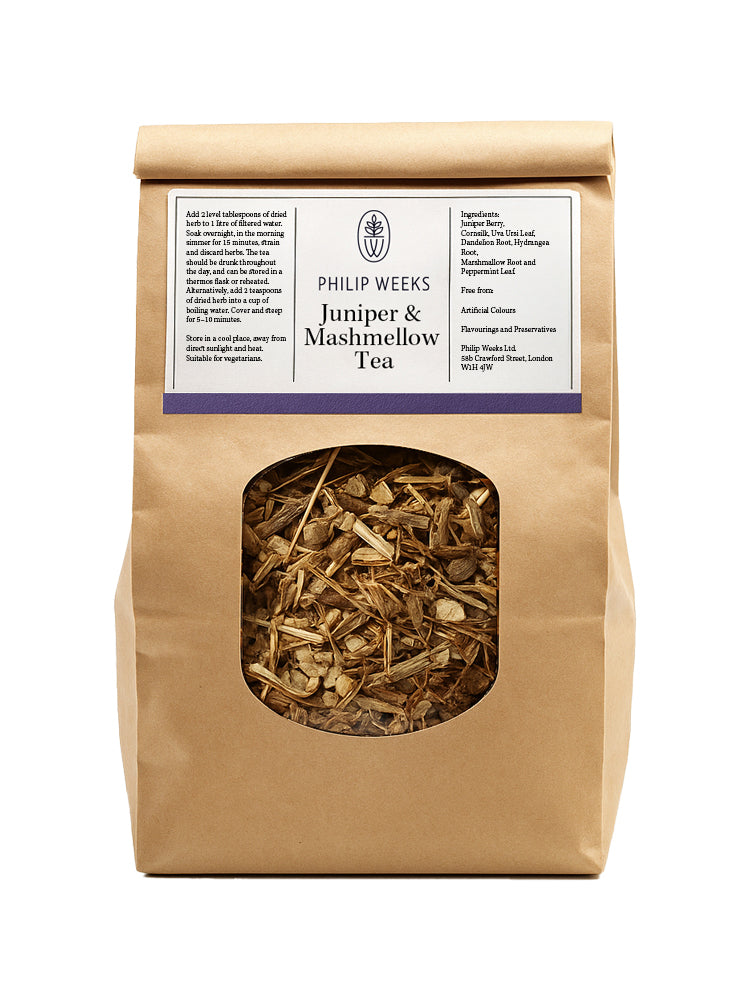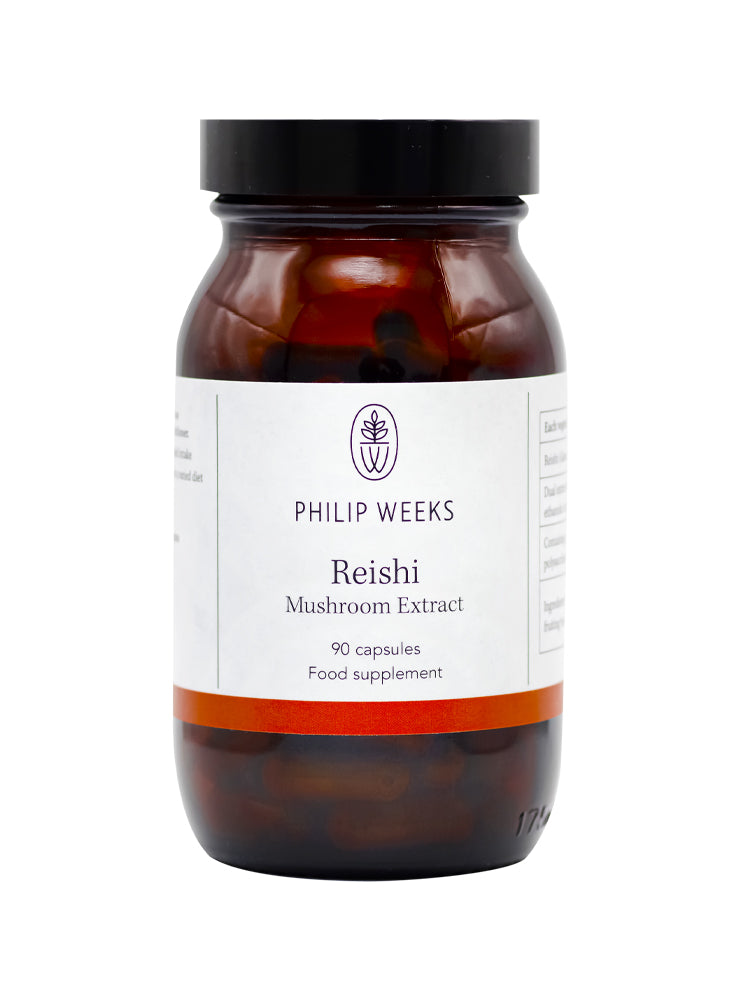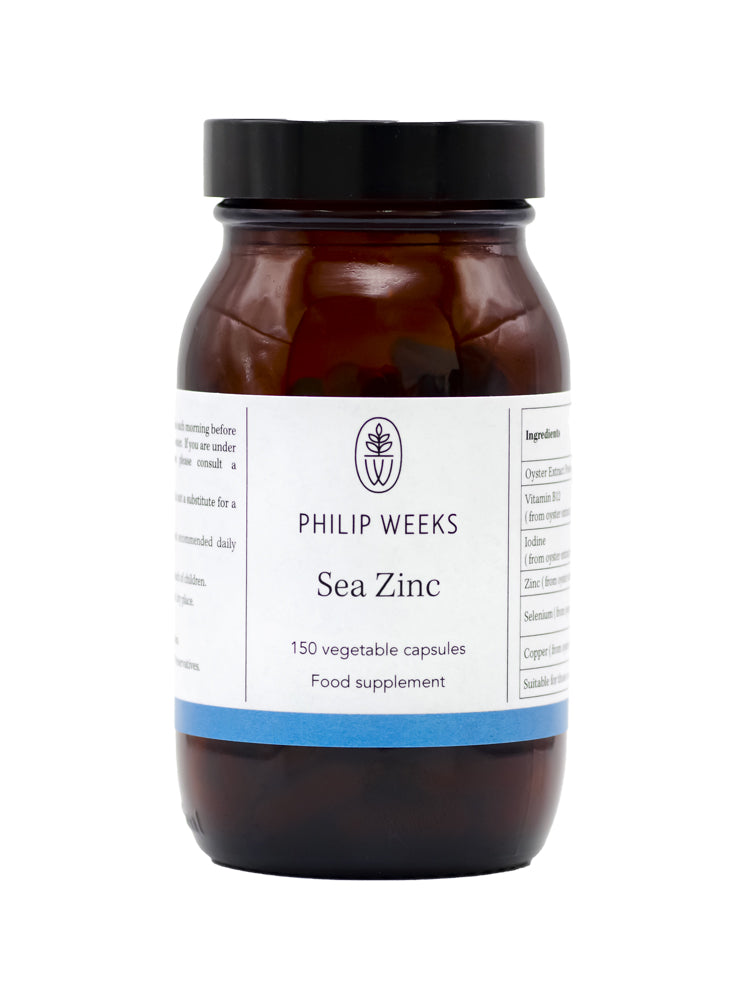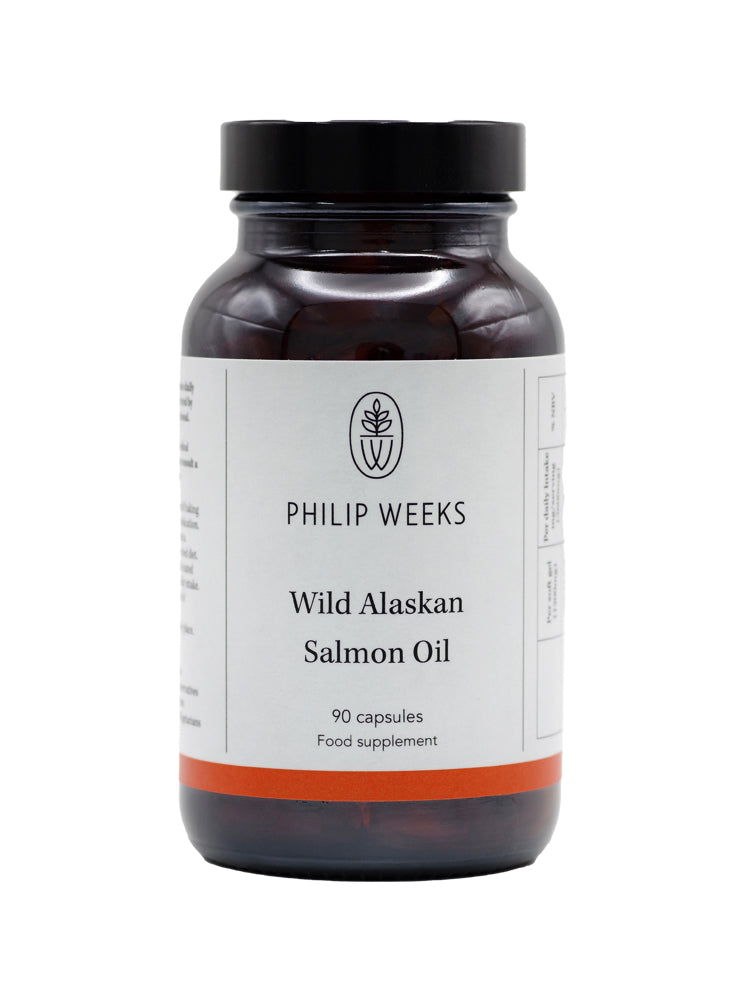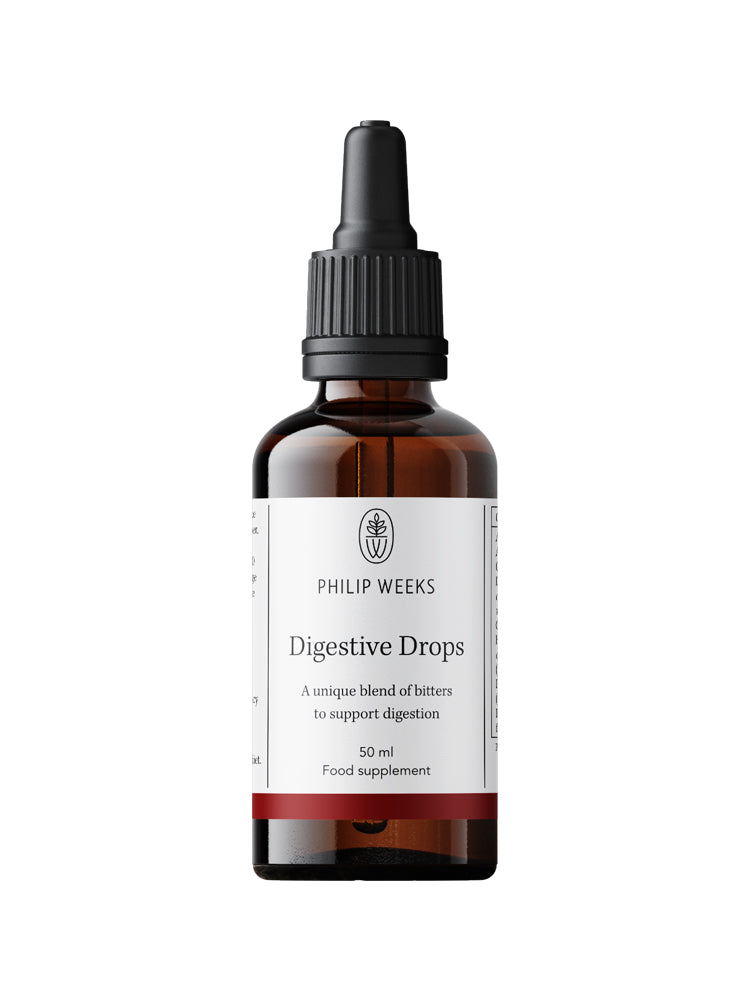Maintaining balanced blood sugar levels is essential for overall health, energy stability, and preventing chronic conditions such as Type 2 diabetes.
Lifestyle and diet can go a long way to prevent unnecessary sugar spikes.
The Health Issues with Constant Sugar Spikes
Regular sugar spikes, or rapid increases in blood glucose levels, can have a detrimental effect on our health.
Insulin Resistance
Repeated high blood sugar levels force the pancreas to release more insulin to manage the glucose. Over time, cells become resistant to insulin, leading to higher blood sugar levels and eventually type 2 diabetes.
Weight Gain
Insulin promotes fat storage, especially around the abdomen. Frequent spikes can lead to an increase in body fat, contributing to obesity.
Fatigue, Energy Crashes and Cravings
After a spike, blood sugar levels often drop rapidly, causing energy crashes. This can lead to feeling tired, lacking in energy which sets us up for a cycle of needing more sugar for energy, perpetuating the problem. This cycle easily leads to overeating and poor food choices.
Inflammation
High blood sugar levels can cause inflammation in the body, contributing to various chronic conditions like heart disease, arthritis, and even certain cancers.
Hormonal Imbalance
Blood sugar fluctuations can disrupt the balance of hormones like insulin, cortisol, and leptin, affecting everything from mood to appetite regulation.
Heart Disease
Consistent high blood sugar can damage blood vessels and the nerves that control the heart, increasing the risk of cardiovascular diseases, including heart attacks and strokes.
Mental Health
Blood sugar spikes and crashes can impact mood and cognitive function, leading to irritability, anxiety, and difficulty concentrating.
Skin Issues
High sugar levels can cause skin problems like acne and make existing conditions like psoriasis and eczema worse.
Long-term Complications
Over time, persistent high blood sugar can lead to serious complications like neuropathy (nerve damage), retinopathy (eye damage), and nephropathy (kidney damage). Erratic blood sugar levels can result in increased infections within the body such as yeast overgrowth or candida.
Nutrition and Lifestyle: The Cornerstone of Blood Sugar Control
Managing and preventing constant sugar spikes through dietary choices, physical activity, and lifestyle changes is crucial for maintaining overall health and preventing a multitude of chronic health issues.
Eat your greens and vegetables first
Start your meals with a generous serving of leafy greens or non-starchy vegetables or crudités. Vegetables like spinach, kale, and broccoli are high in fibre and low in carbohydrates, which helps slow down sugar absorption into the bloodstream. This simple practice can prevent sharp spikes in blood sugar even if carbohydrates or sugary food are eaten after or for dessert.
Embracing Healthy Fats and Proteins
Incorporating healthy fats such as ghee, lard, avocado, butter and raw olive oil. Having adequate proteins in your meals can significantly improve blood sugar stability.
Choosing Low Glycaemic Index (GI) Foods
A diet high in carbohydrates is terrible for blood sugar control. Opt for foods with a low glycaemic index, as they are digested and absorbed more slowly, causing a gradual rise in blood sugar levels. Examples include non-starchy vegetables, cheese, meat, fish, eggs, nuts and seeds. Avoid high-GI foods like sugary snacks, fruit juice, white bread and white rice. If I suspect a patient has really disordered blood sugar levels, then I often recommend trialling a continual glucose monitor or CGM. It’s a device which attaches to your arm and give a real-time blood sugar reading. It is interesting that for some people certain foods can really trigger a blood sugar spike. Some people are fine with porridge for breakfast for example with a normal healthy reaction, other people porridge causes a blood sugar spike, which means it crashes an hour or so later. This can result in feeling tired or having a foggy brain and setting off a blood sugar roller-coaster for the day. For these people having protein for breakfast prevents this from happening.
Apple cider vinegar (ACV)
Has been shown to improve insulin sensitivity and lower blood sugar levels after meals. Consuming a small amount of ACV (about 1-2 tablespoons) diluted in water before meals can enhance your body's ability to manage blood sugar. Alternatively incorporating cider or balsamic vinegar into your meals, such as in salad dressings, can help reduce blood sugar spikes by slowing the rate at which your stomach empties.
Magnesium
Crucial for glucose metabolism and insulin function. Most people have suboptimal magnesium levels, which can contribute to insulin resistance and poor blood sugar control. To boost your magnesium intake, incorporate magnesium-rich foods such as:
- Leafy green vegetables (spinach, Swiss chard)
- Nuts and seeds (almonds, pumpkin seeds)
- Legumes (black beans, chickpeas)
Supplementation is necessary for most of us. I personally take 3 capsules a day of my Magnesium Trio.
Cinnamon
Shown to improve blood sugar levels by increasing insulin sensitivity. Cinnamon contains bioactive components that can enhance insulin function, making it easier for cells to process glucose. Cinnamon can be drunk as a tea or adding the powder to your diet such as to yoghurt.
Berberine
Berberine, a natural compound found in plants like goldenseal and barberry, helps manage blood sugar levels by activating the enzyme AMPK, which regulates metabolism. It improves insulin sensitivity, enhances glucose uptake, and reduces glucose production in the liver. Studies show berberine can be as effective as some medications for stabilizing blood sugar spikes, making it a valuable supplement for improving metabolic health. This is the key ingredient in my Biome D-Tox.
The Bitter Taste
The bitter taste in certain foods and herbs can play a significant role in reducing blood sugar spikes. Bitter foods stimulate receptors in the digestive system that enhance the production of digestive enzymes and bile, improving carbohydrate metabolism. This process slows down the absorption of glucose into the bloodstream, preventing rapid spikes in blood sugar levels. Bitter salads before a meal help. It’s also why I designed the ‘Digestive Drops’ which can be taken after a meal to support healthy digestion.
Other ways to improve Blood Sugar Control
Intermittent Fasting (IF)
Intermittent fasting, such as the 16:8 method (16 hours of fasting followed by an 8-hour eating window), can improve insulin sensitivity and help regulate blood sugar levels. This approach encourages the body to utilise stored fat for energy, stabilizing blood sugar levels.
Regular Physical Activity
Exercise is one of the most effective ways to improve insulin sensitivity and help muscles use glucose more effectively, especially resistance training and activity which encourage the building of muscle tissue. Going for a walk after a meal can reduce a blood sugar spike even after a relatively high carbohydrate meal.
Stress Management
Chronic stress can lead to elevated blood sugar levels through the release of cortisol. Practices like mindfulness meditation, deep breathing exercises, and yoga can help manage stress and maintain stable blood sugar levels.
Adequate Sleep
Poor sleep negatively affects insulin sensitivity and blood sugar control. Even one night of inadequate sleep can disturb blood sugar equilibrium and often results in increased sugar cravings. Most of us need 7-9 hours of quality sleep per night to support metabolic health. Chronic snoring isn’t normal or healthy and can indicate a form of sleep apnoea and should be investigated further.
Conclusion
Keeping our blood sugars balanced and avoiding blood spikes can make a real difference to our day-to-day health and feeling of well-being as well as preventing a whole host of health problems in the future.
Please note: If you are diabetic or have any health condition then please consult a healthcare professional before embarking on any of lifestyle, dietary changes or taking supplements.
References:
- Apple Cider Vinegar and Glycaemic Control in Adults with Well-Controlled Type 2 Diabetes: A Pilot Study. Journal of Diabetes Research. https://www.hindawi.com/journals/jdr/2015/175204/
- Barbagallo, M., & Dominguez, L. J. (2010). Magnesium and Type 2 Diabetes. World Journal of Diabetes, 1(4), 108-116.
- Patterson, R. E., Laughlin, G. A., LaCroix, A. Z., et al. (2015). Intermittent Fasting and Human Metabolic Health. Journal of the Academy of Nutrition and Dietetics, 115(8), 1203-1212.
- Colberg, S. R., Sigal, R. J., Fernhall, B., et al. (2010). Exercise and Type 2 Diabetes: The American College of Sports Medicine and the American Diabetes Association: Joint Position Statement. Diabetes Care, 33(12), e147-e167. doi:10.2337/dc10-9990
- McEwen, B. S. (2008). Central Effects of Stress Hormones in Health and Disease: Understanding the Protective and Damaging Effects of Stress and Stress Mediators. European Journal of Pharmacology, 583(2-3), 174-185.





